Mastering Your P2E Journey: How to Track Earnings and Progress
The Play-to-Earn (P2E) gaming revolution has transformed gaming from a mere pastime into a tangible opportunity for economic empowerment. What began as a niche concept has blossomed into a vibrant ecosystem where players can genuinely own in-game assets, participate in decentralized economies, and earn real-world value. But amidst the excitement of new games, token launches, and NFT drops, one crucial element often gets overlooked: the disciplined tracking of your earnings and overall progress. Without a clear system, navigating the volatile and complex world of P2E can quickly become disorienting, making it hard to discern real success from perceived gains.
This guide will dive deep into why effective tracking is non-negotiable for any serious P2E player and provide you with actionable strategies and tools to meticulously monitor your financial performance and in-game advancement. Whether you're a casual player looking to recoup some costs or a dedicated P2E investor aiming for significant returns, understanding your numbers is the key to sustainable growth and informed decision-making.
Why Tracking is Your P2E Superpower
Think of tracking as your personal analytics dashboard for your P2E empire. It’s not just about knowing how much money you’ve made; it’s about strategic insight and long-term viability. Here’s why it’s absolutely essential:
- Financial Clarity and ROI Assessment: The most obvious benefit. How much did you invest in that NFT? How much have you earned back? Is the game profitable for you, or are you just breaking even? Tracking provides a precise answer to your Return on Investment (ROI), allowing you to identify which games and strategies are genuinely working.
- Optimized Strategy and Resource Allocation: With clear data, you can see where your time and capital are best spent. Are certain in-game activities more lucrative? Are specific NFTs appreciating faster than others? This insight allows you to pivot, double down, or cut losses, ensuring your resources are always deployed effectively.
- Tax Compliance (Don't Skip This!): Depending on your jurisdiction, your P2E earnings are likely taxable events. Meticulous records of your acquisitions, disposals, and income streams are crucial for accurate tax reporting. This isn't just good practice; it's a legal necessity.
- Mitigating Risk and Avoiding "Ghost" Profits: Market fluctuations are constant. An NFT worth a lot today might be less tomorrow. By regularly tracking asset values and earnings, you gain a realistic picture of your net worth, preventing you from overestimating your profits or making decisions based on temporary spikes.
- Motivation and Goal Setting: Seeing your progress – whether it’s hitting a profit target, acquiring a rare in-game item, or increasing your daily token yield – can be a massive motivator. It reinforces your efforts and helps you set achievable future goals.
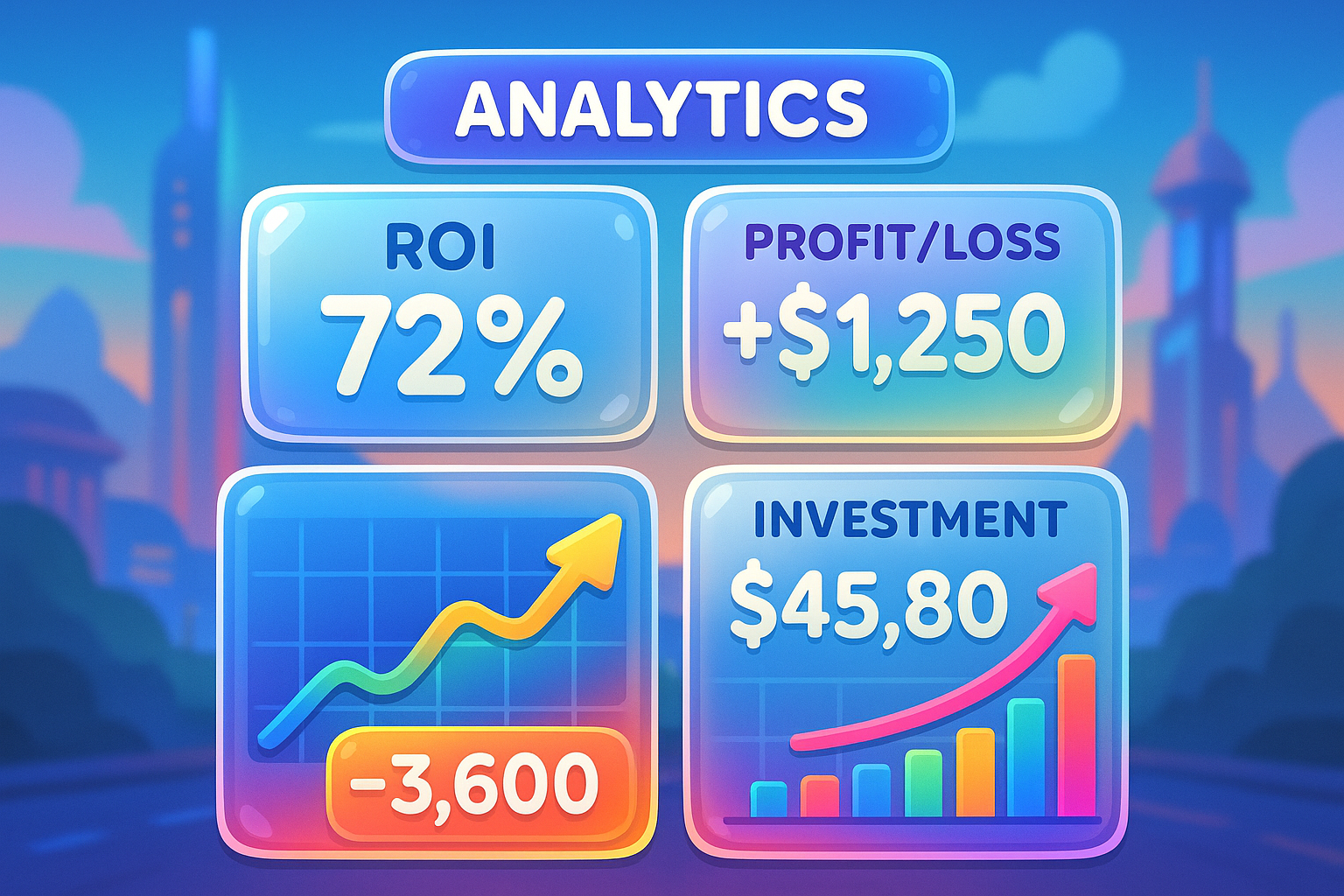
What Metrics Should You Be Tracking?
To get a comprehensive view, you need to track a variety of data points. Here’s a breakdown of the key metrics:
Financial Metrics:
- Initial Investment: The fiat or crypto amount you initially spent to acquire game tokens, NFTs, or other in-game assets. This is your baseline.
- Earnings (Token & NFT):
- Daily/Weekly/Monthly Token Yield: The amount of game tokens you earn through gameplay, staking, or farming.
- NFT Sales/Flips: Profits from selling in-game NFTs.
- Staking Rewards: Tokens earned from locking up assets.
- Liquidity Pool Rewards: If you're providing liquidity to game-related token pairs.
- Costs/Expenses:
- Gas Fees/Transaction Costs: Every transaction on a blockchain incurs a fee. These can add up significantly, especially on networks like Ethereum. Track them diligently.
- Breeding Fees/Minting Costs: For games involving NFT breeding or new asset minting.
- Repair/Maintenance Costs: Some games have wear-and-tear mechanics requiring repair costs.
- Software/Subscription Costs: If you use any paid tools to enhance your P2E experience.
- Current Asset Value:
- NFT Floor Prices: The lowest price an NFT from your collection is currently listed for. This helps gauge the market value of your holdings.
- Token Prices: The real-time value of any game tokens you hold.
- Liquidity Pool Value: The current value of your assets in LPs.
- Profit/Loss (P&L): The ultimate financial metric. This is your total earnings minus your total costs, providing a clear picture of your actual financial performance. Track this per game and overall.
Progress & Performance Metrics:
- Time Spent: How many hours are you dedicating to a specific game? This is crucial for calculating your hourly earnings and understanding the time-value of your P2E efforts.
- In-Game Achievements/Milestones: Reaching new levels, unlocking special abilities, completing challenging quests, or acquiring rare items. While not directly financial, these often contribute to future earning potential or asset value.
- Asset Upgrades/Improvements: Tracking when you upgrade an NFT, improve a character's stats, or enhance your in-game property. These actions represent investment and often lead to increased earning capacity.
- Community Engagement: Participation in game governance, DAOs, or community events. While intangible, it can lead to future opportunities and influence.
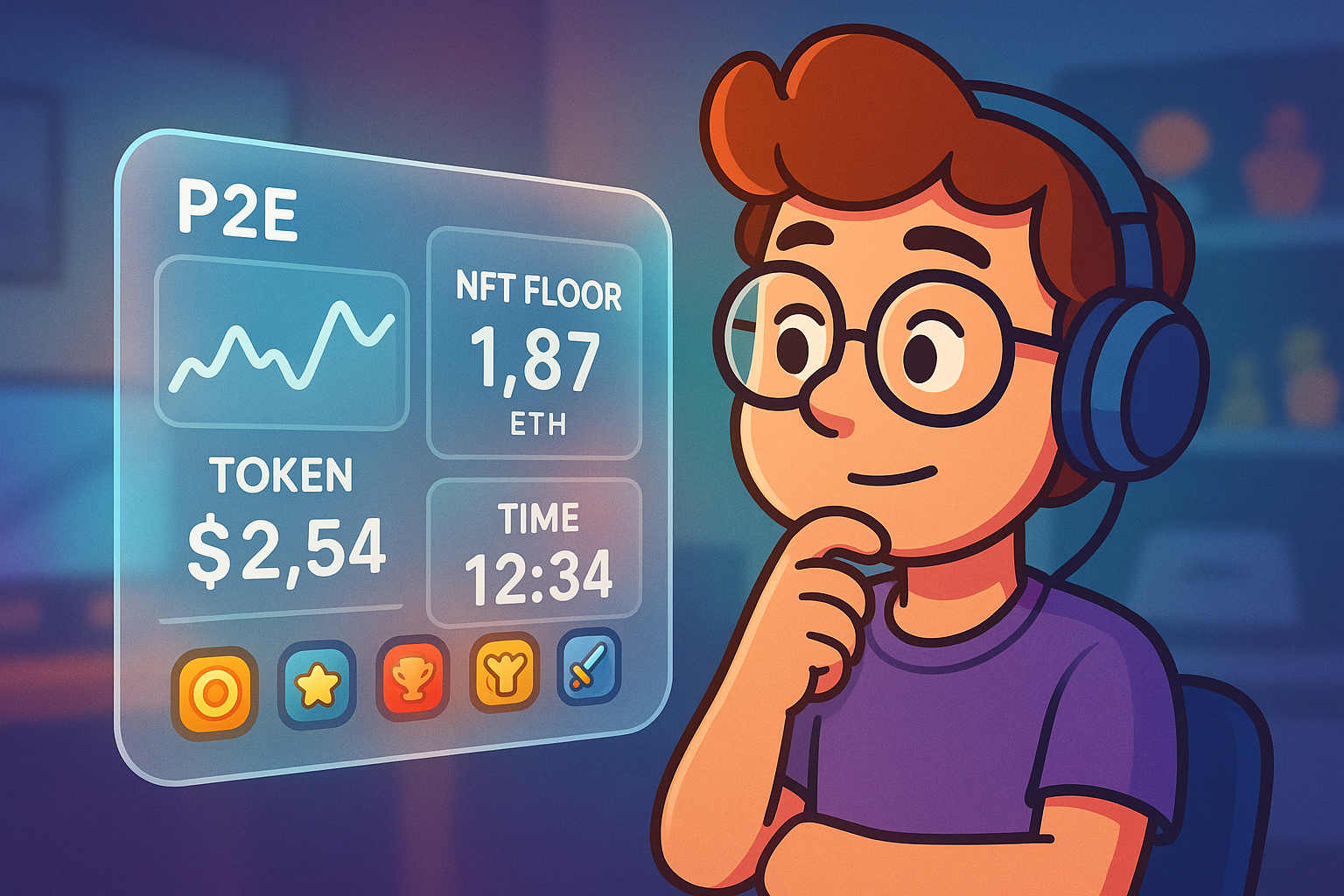
How to Track: Tools and Techniques
The good news is that you don't need to be a financial analyst to track your P2E journey effectively. There are several tools and techniques, ranging from simple to sophisticated, that can help.
1. The Spreadsheet Method (Manual Tracking)
Tools: Google Sheets, Microsoft Excel, Notion, Coda.
This is the most fundamental and often the most reliable method, especially for beginners or those managing a few games. Create a dedicated spreadsheet with columns for: Date, Game, Asset Name (NFT ID/Token), Type (Buy/Sell/Earn/Spend), Quantity, Price Per Unit (in crypto and fiat at time of transaction), Gas Fees (in crypto and fiat), Total Cost/Earnings, Notes. You can use formulas to calculate profits, current asset values (by linking to real-time price feeds for tokens), and total ROI.
Pros: Full control, highly customizable, free, strong understanding of your data. Cons: Time-consuming, prone to manual error, requires discipline, data might not be real-time without advanced setup.
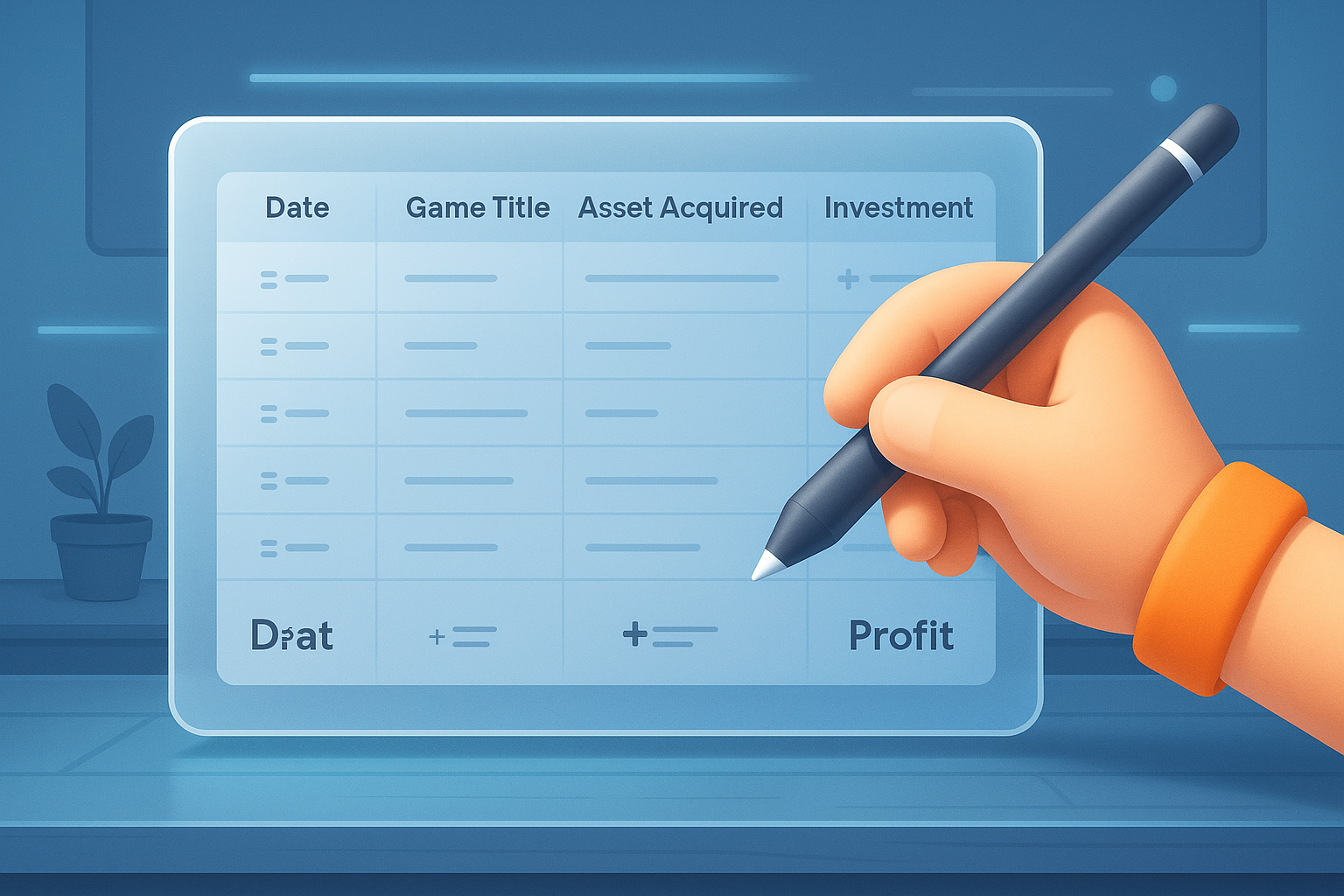
2. Dedicated Crypto Portfolio Trackers & Tax Software
Tools: Koinly, Accointing, CoinTracker, Blockpit.
These platforms are designed to aggregate your crypto transactions from various wallets and exchanges, making them excellent for P2E tracking, especially for tax purposes. You can connect your wallet addresses (often read-only for security), import CSVs, or even set up API integrations. They automatically pull transaction data, calculate cost bases, and provide a clear overview of your portfolio's performance across different assets and networks.
Many of these tools also offer features specifically for DeFi and NFT tracking, allowing you to tag transactions as "rewards," "staking," or "NFT sales," which is invaluable for P2E. They often generate comprehensive tax reports, simplifying a typically complex process.
Pros: Automation, tax reporting features, multi-chain support, portfolio insights, often real-time pricing. Cons: Can be paid subscriptions, initial setup might be complex, may not support every obscure game token or NFT collection.
3. Blockchain Explorers & Wallet Trackers
Tools: Etherscan, BscScan, PolygonScan (for specific chains), DeBank, Zerion, Zapper.
These are your direct windows into the blockchain. By simply entering your public wallet address, you can view all incoming and outgoing transactions, including token transfers, NFT mints, sales, and interactions with smart contracts (like claiming rewards from a game). While not designed for financial reporting, they offer the raw, immutable data you need. Tools like DeBank, Zerion, and Zapper take this a step further by aggregating your assets across multiple chains and protocols, providing a dashboard-like view of your total holdings and DeFi positions.
Pros: Free, direct access to raw blockchain data, good for verifying transactions, multi-chain asset aggregation. Cons: Raw data needs interpretation, not ideal for calculating profit/loss directly, can be overwhelming for beginners.

4. Game-Specific Dashboards & Third-Party Analytics
Many P2E games are now offering their own in-game dashboards or analytics tools that provide players with an overview of their assets, earnings, and progress within that specific game. Additionally, independent community developers often build third-party tools that aggregate data, track NFT floor prices, or even simulate ROI for specific game strategies.
Pros: Highly relevant and specific data, tailored to the game's mechanics, often user-friendly. Cons: Limited to a single game, third-party tools can be unreliable or cease development, may not cover all financial aspects.
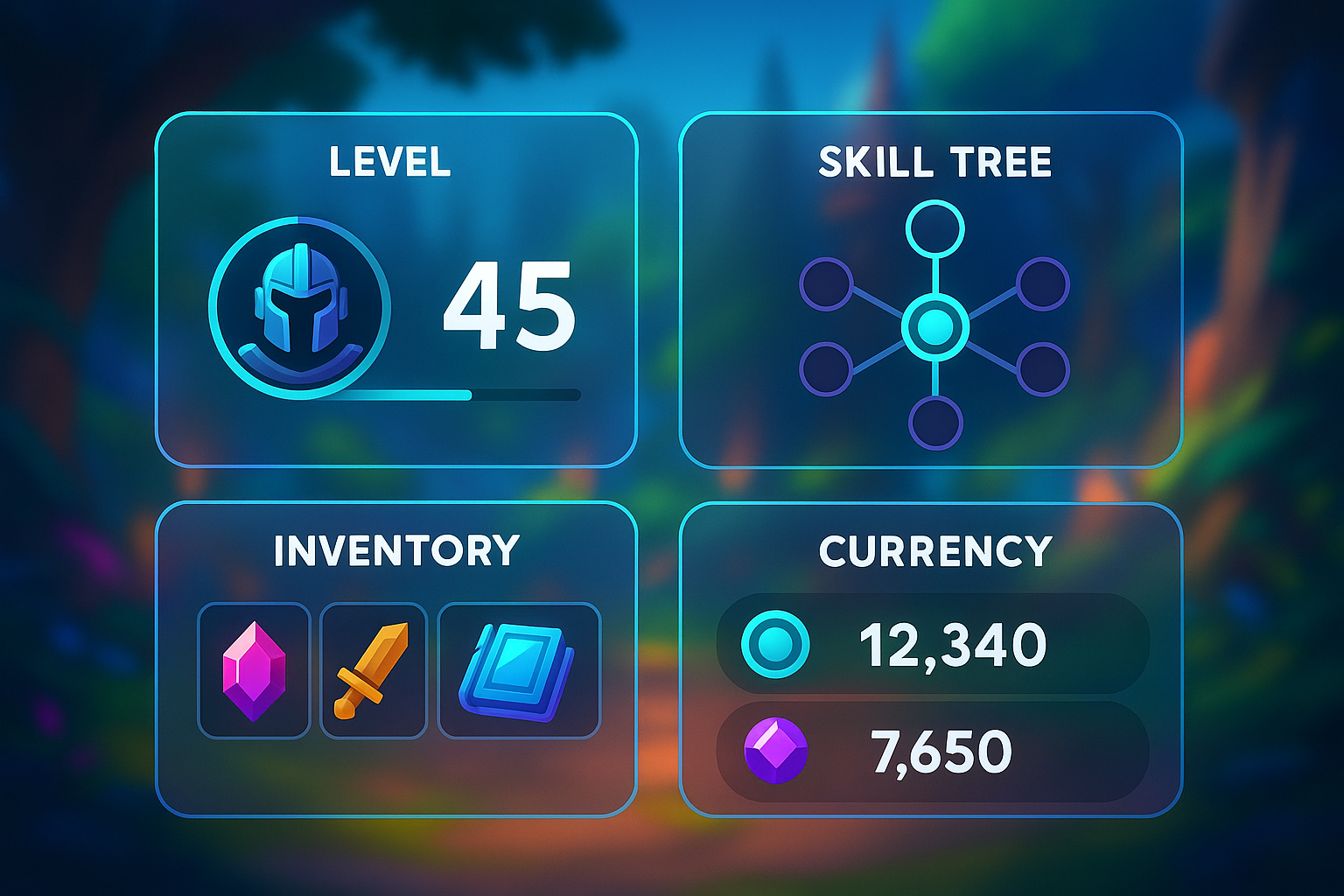
5. NFT Marketplaces and Analytics Platforms
Tools: OpenSea, Magic Eden, LooksRare, Rarity Tools, Icy.Tools, Nansen.
These platforms are indispensable for tracking the value and sales history of your NFTs. Marketplaces allow you to see the floor price of collections, recent sales, and even your own past sales history. Analytics tools provide deeper insights into market trends, rarity, and price movements, helping you make informed decisions about buying, holding, or selling your in-game assets.
Pros: Essential for NFT valuation, market trend analysis, direct buying/selling. Cons: Primarily focused on NFTs, may not track game token earnings or broader portfolio.
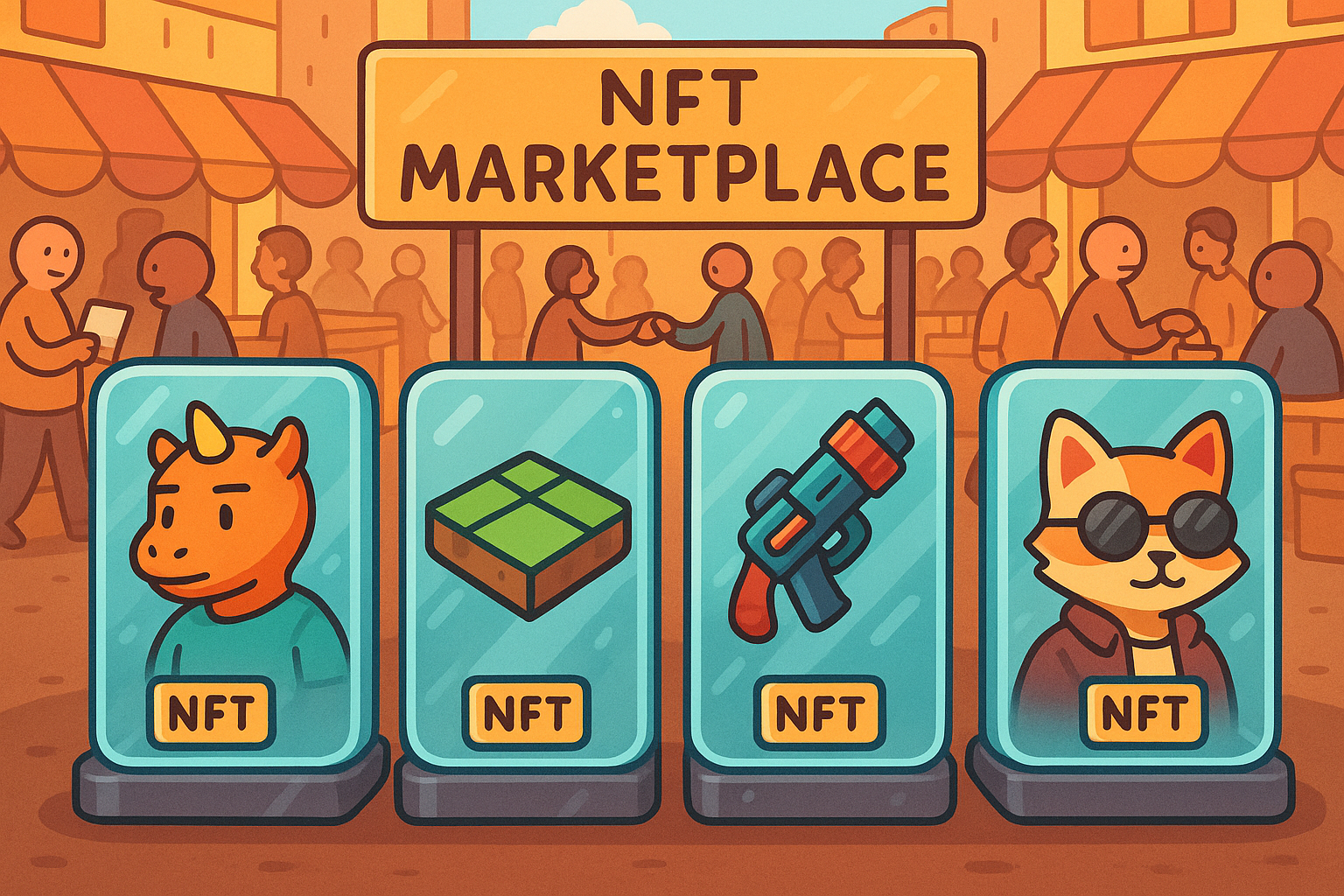
Advanced Tracking Tips for the Savvy P2E Player
- Automate Where Possible: Link your wallets to portfolio trackers or tax software to reduce manual data entry.
- Categorize Transactions: Label your transactions (e.g., 'NFT Purchase', 'Game Reward', 'Gas Fee', 'Sale Profit') for easier analysis and tax preparation.
- Regular Reviews: Set a schedule – weekly or monthly – to review your spreadsheet or dashboard. This helps catch errors and keeps you updated on your performance.
- Consider Multi-Chain and Bridging Costs: If you're playing across different blockchains and bridging assets, remember to track the associated costs and potential slippage.
- Snapshot Your Assets: Periodically record the value of your entire portfolio at a specific date and time. This helps you track overall growth, even if individual assets fluctuate.
- Don't Forget Fiat Conversions: Always record the fiat value (e.g., USD, EUR) of your crypto transactions at the time they occur, as this is typically what tax authorities require.
The Long-Term Benefits of Diligent Tracking
Implementing a robust tracking system might seem like extra work initially, but the long-term benefits far outweigh the effort. You'll gain unparalleled insight into your P2E activities, enabling you to:
- Make Data-Driven Decisions: Move beyond guesswork and make choices based on solid financial data.
- Optimize Your Time and Capital: Focus on the most profitable games and strategies, maximizing your ROI.
- Ensure Tax Compliance: Sleep soundly knowing your records are in order for tax season.
- Reduce Stress: Clarity over your finances brings peace of mind in a volatile market.
- Achieve Your P2E Goals: Whether it's to earn a supplementary income, generate a full-time living, or simply enjoy the games, tracking provides the roadmap to success.
In the dynamic world of Play-to-Earn, knowledge is power. By diligently tracking your earnings and progress, you're not just recording data; you're building a foundation for sustainable success, transforming fleeting gameplay into a measurable, rewarding, and accountable financial journey. Start tracking today, and take control of your P2E destiny!

